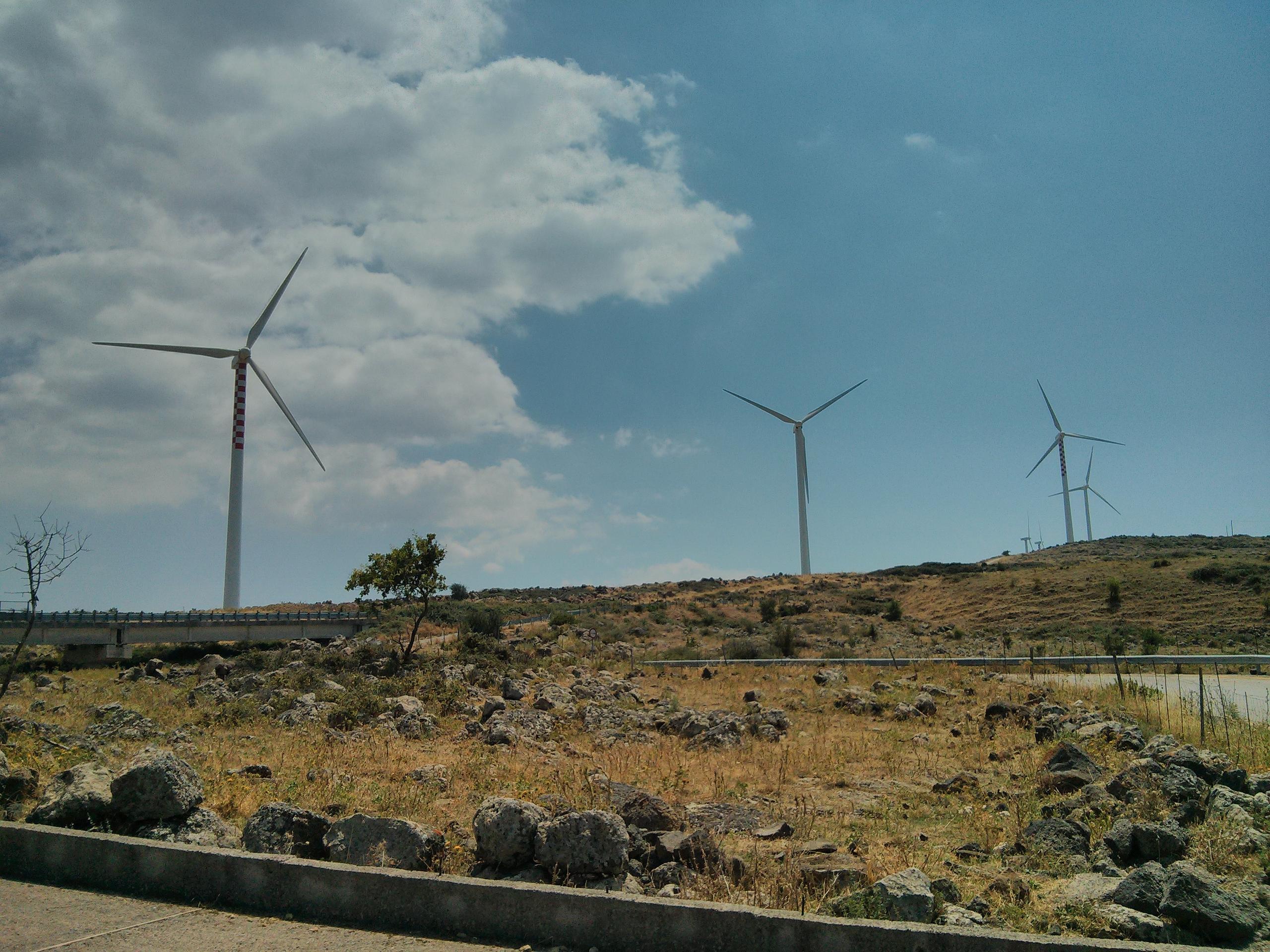Wind turbines
Copyright© Patrik Tschudin, via flickr, CC BY 2.0
Renewable energy Huge potential available
For a number of years, the use of renewable energy sources has been increasing massively. However, fossil fuels, too, have seen an increase. For decades, the share of fossil fuels in the global energy mix has continued to be high at around 80 per cent. While the expansion of renewable energy in the area of power generation is advancing, little progress is being made as regards climate-friendly mobility and in the areas of housing and industry (in particular in terms of heating and cooling).
Developing countries, especially, lack the funds to invest in the infrastructure needed, for example power grids and energy storage. Many governments still subsidise fossil fuels, instead of using their funds to promote renewable energy sources.
Yet, for many developing countries and emerging economies, these energies have a crucial advantage. They can also be used in remote areas that are not connected to the public power grid. Decentralised photovoltaic systems in combination with battery storage systems can, for instance, secure energy supply for households. Such systems can also generate environmentally-friendly and climate-friendly power for agricultural purposes and small companies and thus boost the local economy.
The developing countries are key to making the global energy transition a success. However, to make the transition process fair, they need initial financial and technical support from the international community.
As at: 25/07/2023





